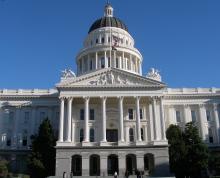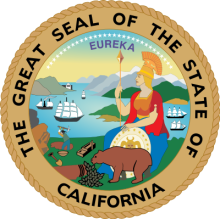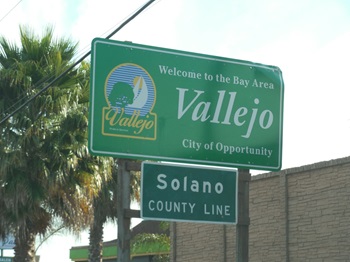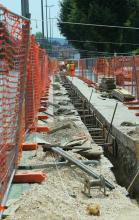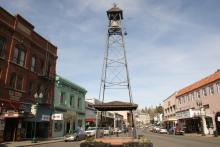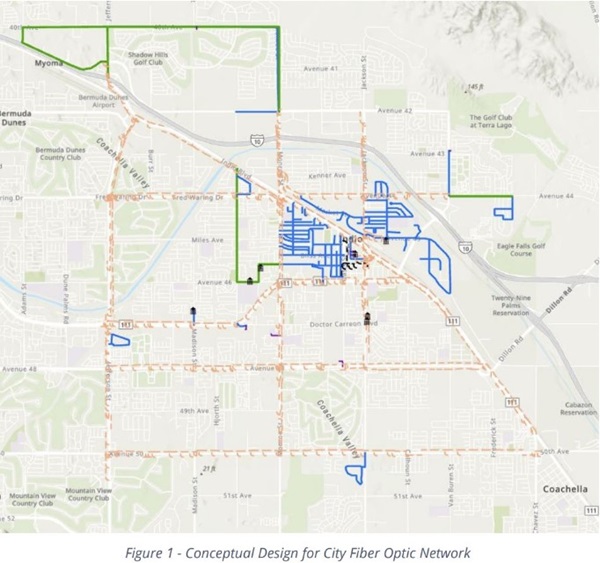Consider Affordable Broadband State-By-State - Episode 635 of the Community Broadband Bits Podcast

In this special episode of the podcast, we revisit our live forum called "Consider Affordable Broadband State by State". Chris is joined by Sean Gonsalves and Shayna Englin to explore how states like New York, Massachusetts, and California are tackling broadband affordability with the Affordable Connectivity Program's expiration.
They break down the legal and economic landscape of New York’s Affordable Broadband Act, discuss the political challenges of regulating Internet prices, and examine how state-led initiatives can push action around the country. Tune in for a deep dive into the policies shaping digital equity.
The previous live-stream is archived and can be viewed here.
This show is 35 minutes long and can be played on this page or via Apple Podcasts or the tool of your choice using this feed.
Transcript below.
We want your feedback and suggestions for the show-please e-mail us or leave a comment below.
Listen to other episodes or view all episodes in our index. See other podcasts from the Institute for Local Self-Reliance.
Thanks to Arne Huseby for the music. The song is Warm Duck Shuffle and is licensed under a Creative Commons Attribution (3.0) license


